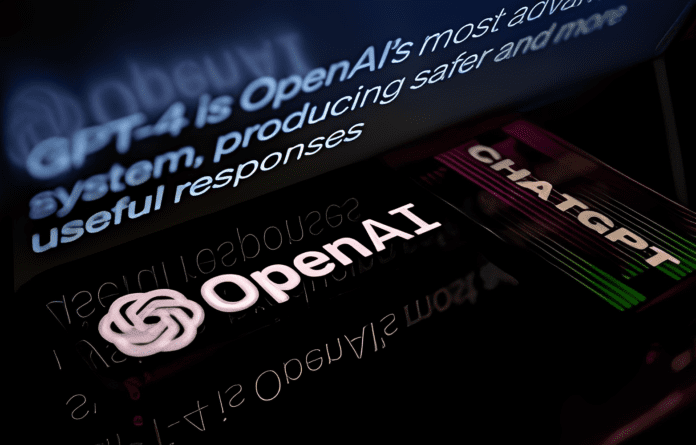OpenAI, which informed developers last week that it planned to do so, has now launched a store for GPTs, which are custom chatbot applications powered by its AI models that generate text and images (e.g., DALL-E 3 and GPT-4).
The GPT Store, which is accessible through a new tab in the web-based ChatGPT client, is filled with a variety of GPTs created by OpenAI’s partners and the broader development community. The community leaderboard provides GPT users with the ability to explore popular and trending GPTs. It is structured into various categories, including lifestyle, writing, research, programming, and education.
Users must be subscribed to any of OpenAI’s premium ChatGPT plans like ChatGPT Plus, ChatGPT Enterprise, or the newly introduced ChatGPT Team to access the GPT Store. An AllTrails trail recommender, a Khan Academy code instructor, and a Canva content designer are some of the GPTs that will be accessible at launch. Currently, all are available for use without charge.

No coding knowledge is necessary to construct GPTs, which can be as simple or complex as the developer desires. Developers can use OpenAI’s GPT-building tool, GPT Builder, to try to create an AI-powered chatbot that can do the skills that developers specify in plain English.
By training a GPT using a collection of cookbooks, for instance, it can be programmed to respond to queries regarding the ingredients for a particular recipe. Alternatively, a GPT could consume the proprietary codebases of a company, enabling developers to validate their code style or produce code that aligns with established standards.
Developers must authenticate their user accounts and submit their GPTs to OpenAI’s new review system, a combination of human and automated review, to ensure the GPTs align with the company’s terms of service in order to have their GPTs listed in the GPT Store. Additionally, users can report malicious GPTs that manage to escape detection.
In light of OpenAI’s history of engaging underpaid and overworked contractors in the developing world to moderate and enhance its GenAI systems, people asked the organization about the “human” aspect of the GPT Store review procedure. These inquiries included the salaries of the reviewers as well as their access to mental health resources. But the company had yet to give a response.

Developers will not be able to charge for GPTs at launch. OpenAI, on the other hand, intends to introduce a “GPT builder revenue program” in the first quarter, through which U.S. builders will be compensated for “user engagement” with their GPTs. OpenAI states that it will provide additional information regarding the payment criteria in the future.
App store operators, such as Apple and Google, often take a cut of app store income, usually 30%. What OpenAI will do is unknown, but the company intends to turn GPTs into a new revenue stream for itself and GPT creators.
“Revenue sharing is important,” Altman stated at a press conference following the unveiling of GPTs in November. “We’re going to pay people who build the most useful GPTs a portion of our revenue.”

The GPT Store was unveiled during OpenAI’s inaugural yearly developer conference, DevDay, the previous year. However, its release was postponed until December, presumably as a consequence of the leadership transition that took place in November, immediately following the store’s debut. To cut a long story short, OpenAI’s board of directors fired CEO Sam Altman, who was subsequently restored with a new board in place after investor and employee turmoil.
GPTs democratize the development of generative AI applications, at least for applications utilizing OpenAI’s model family. GPTs have the potential to demolish consulting firms whose core competencies include creating precisely these types of platforms for clients. Even though this may not be a positive thing, we will find out how everything unfolds.




